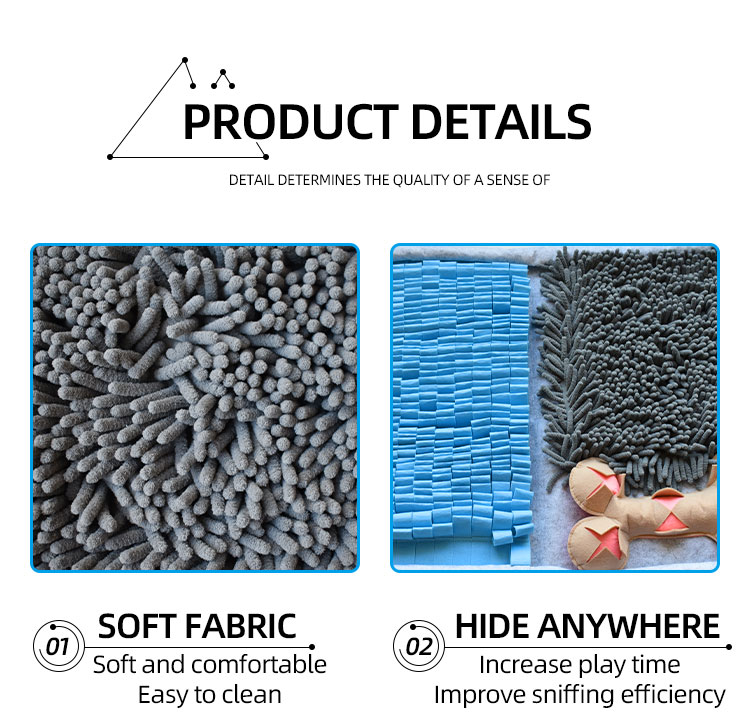The Versatility of Felt Panels for Interior Walls
In the realm of interior design, the choice of wall materials plays a pivotal role in shaping the ambiance and functionality of a space. One innovative option that has gained popularity in recent years is felt panels. These soft, textile-based panels offer a plethora of advantages, making them an attractive choice for various applications, from offices to homes.
What Are Felt Panels?
Felt panels are decorative wall coverings made from compressed fibers, usually wool or synthetic materials. The resulting product is a dense, durable material that not only serves as a visual enhancement but also provides practical benefits. Felt panels are available in numerous colors, textures, and shapes, enabling designers to create personalized environments that cater to individual tastes and needs.
Acoustic Benefits
One of the standout features of felt panels is their acoustic properties. They excel at sound absorption, helping to reduce noise levels in busy environments. This is particularly beneficial in open-plan offices, where chatter and electronic sounds can be distracting. By installing felt panels, employers can create quieter spaces that foster concentration and productivity. In residential settings, they can dampen sounds from outside or between rooms, contributing to a more serene living experience.
Aesthetic Appeal
felt panels wall

Beyond their functional advantages, felt panels bring a unique aesthetic quality to interior spaces. The soft, textured surface adds warmth and depth to walls, transforming an otherwise bare area into a visually interesting focal point. Designers can mix different colors and patterns to create dynamic installations, enhancing the overall design narrative of the space. Whether it’s a sleek modern office or a cozy home, felt panels can complement a wide variety of styles.
Sustainability
In an era where sustainability is becoming increasingly important, felt panels often emerge as an eco-friendly choice. Many manufacturers use recycled materials in their felt production processes, which reduces waste and lessens the environmental impact. Additionally, wool felt is biodegradable, making it a sustainable option compared to plastic-based wall coverings. By choosing felt panels, consumers can make a positive statement about their commitment to the planet while still enjoying stylish interiors.
Easy Installation and Maintenance
Felt panels are not just about aesthetics and functionality; they are also user-friendly. These panels are typically lightweight, which makes them easy to handle and install. Depending on the design, they can be adhered directly to walls using adhesive or mounted on frameworks. Their maintenance is relatively straightforward, as they can be cleaned with a damp cloth or vacuumed to remove dust and debris. This practicality makes felt panels an appealing option for both homeowners and businesses.
Conclusion
In conclusion, felt panels offer an admirable blend of aesthetics, functionality, and sustainability, making them a standout choice for modern interiors. Their acoustic properties contribute to quieter environments, while their visual appeal enhances the overall design of spaces. With a variety of colors and textures available, felt panels can be tailored to fit any style or purpose. As designers continue to look for innovative materials that align with contemporary needs and values, felt panels are likely to gain even more traction in the world of interior design. Whether for a bustling office or a tranquil home, felt panels provide an exceptional solution that meets the demands of today's discerning consumers.
-
Waterproof Dog Blankets for Indoor and Outdoor UseNewsAug.01,2025
-
Sustainable Wool Cat Beds Eco-Friendly Choices for Pet OwnersNewsAug.01,2025
-
Snuffle Ball Benefits for Dogs Mental Stimulation and ExerciseNewsAug.01,2025
-
Puppy Treat Puzzles as Social Tools Fostering Bonding Through PlayNewsAug.01,2025
-
Custom Wooden Pet Houses Tailored to Your Pet’s PersonalityNewsAug.01,2025
-
Corrosion Resistance in Environments: A Guide for Washer Hose ClampsNewsAug.01,2025
